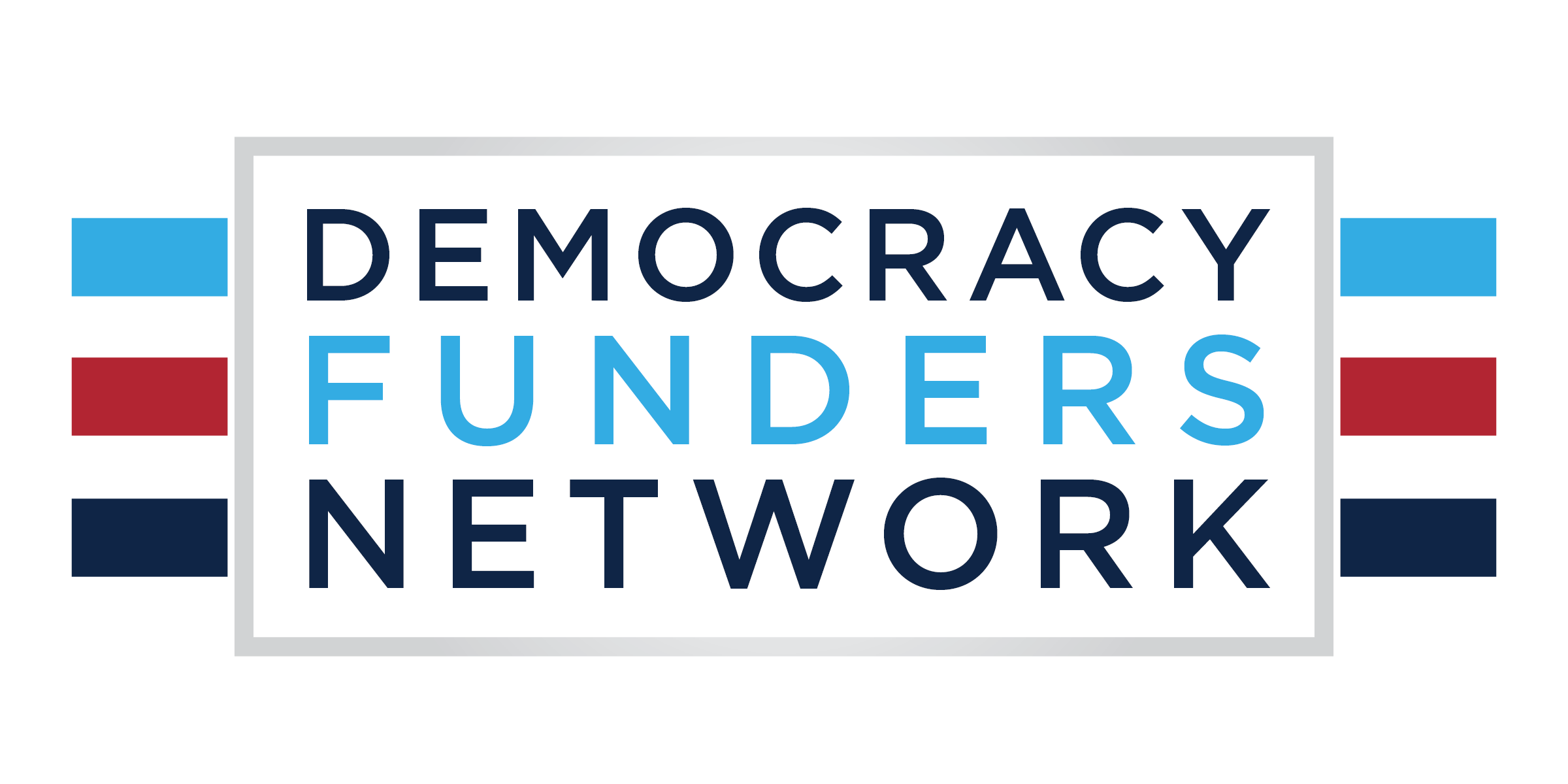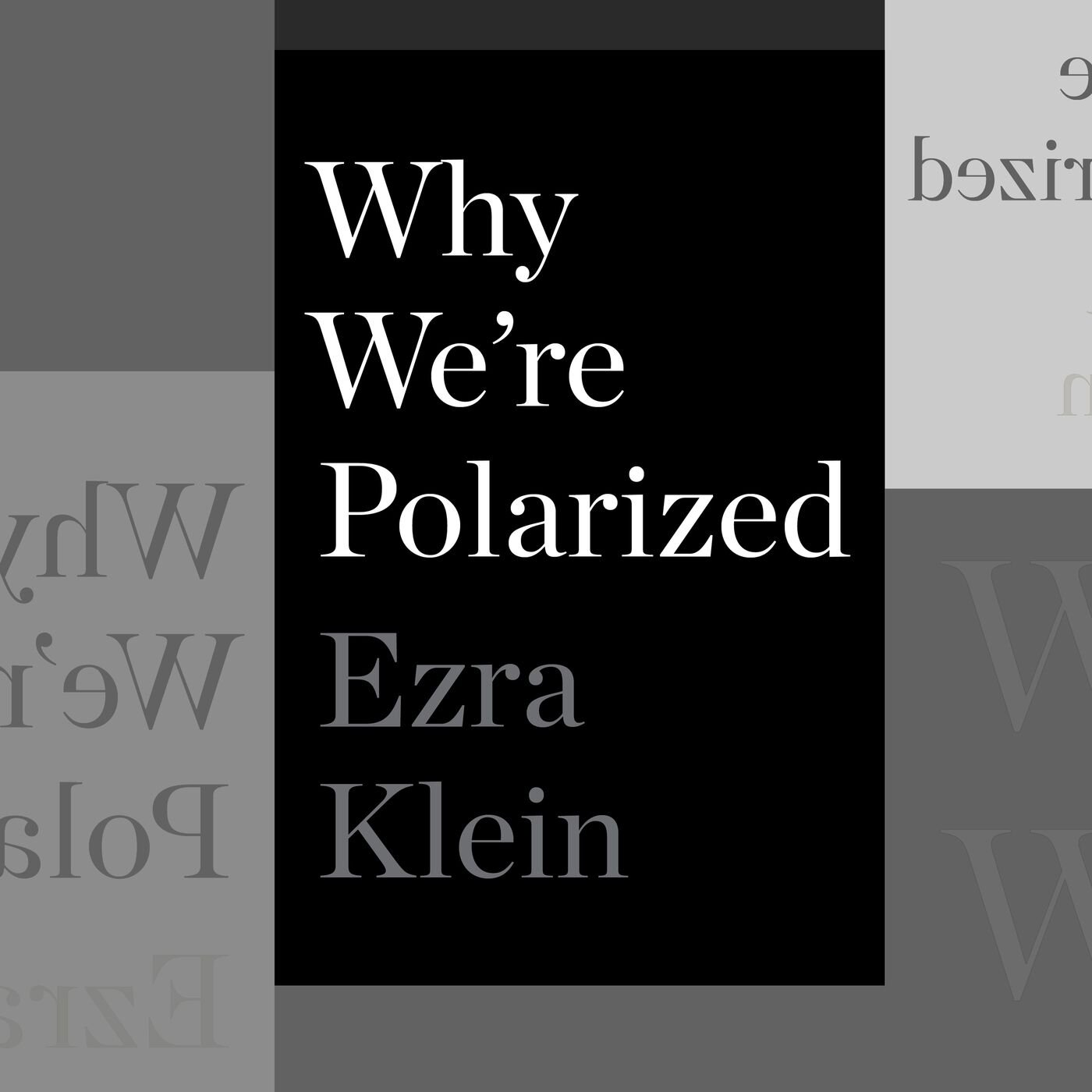In this first report of the American Fabric series, More in Common delves deeper into the complexity of American identity. The report explores how associations, experiences, and norms of our shared identity differ across the political and demographic diversity of the United States. Conducted against the backdrop of a deeply contentious year, the study articulates where Americans continue to diverge and highlights places of meaningful commonality. READ MORE>
DFN’s Executive Director Mike Berkowitz outlines the damage President Trump does by claiming fraud refusing to concede in the 2020 election. READ MORE>
Open letter from 120 philanthropic leaders affirming the principles of a free, fair, and safe election season and asking fellow leaders to do the same. READ MORE>
“How do Americans vary by worldview?” Through a sophisticated national survey, Hidden Tribes divides Americans into seven “tribes” with similar core beliefs about the world, and discusses how these tribe map on to political ideology and values.
Jonathan Haidt describes how human beings are designed to create morality and form groups, and how these two trends interrelate to produce different views on politics and religion in The Righteous Mind: Why Good People Are Divided by Politics and Religion.
In Why We’re Polarized, Ezra Klein reveals the structural and psychological forces behind America’s descent into division and dysfunction, discussing how polarization in America happens around identity, and how everything in American politics is “identity politics.”






